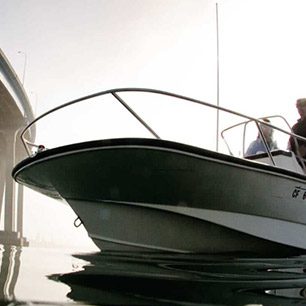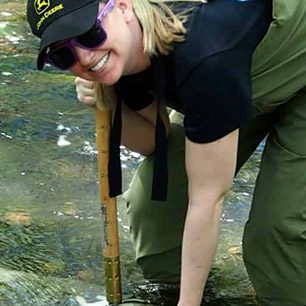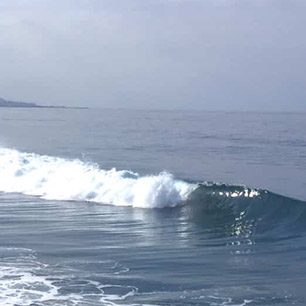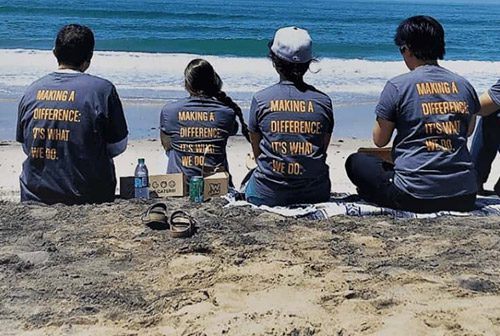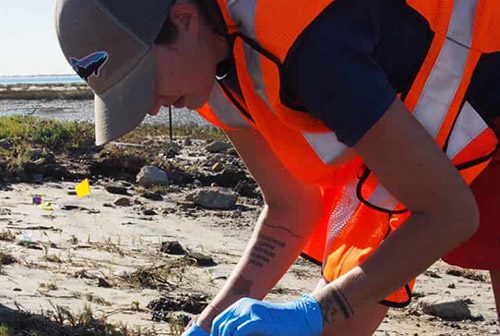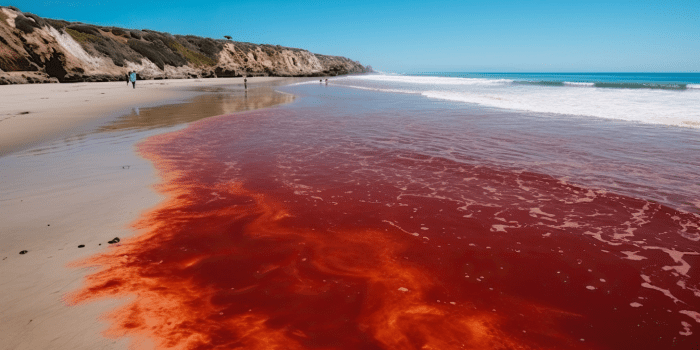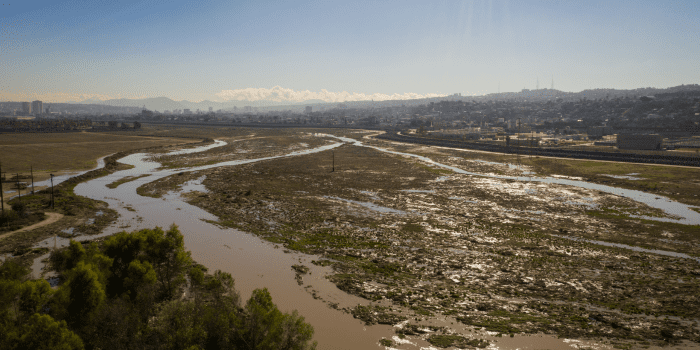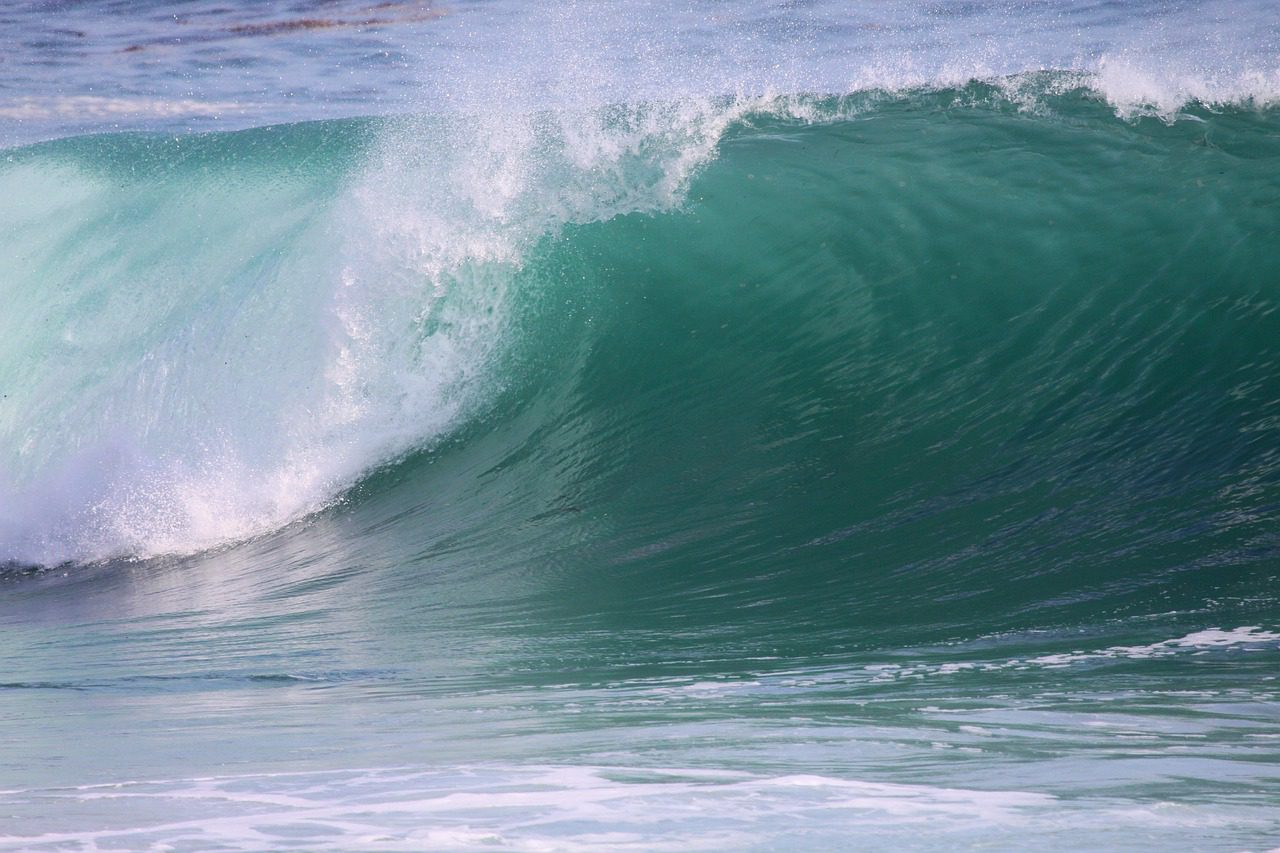Improvements directly link to lawsuit in 2000 that required investment in infrastructure
{readmorelink}Read the full article…{/readmorelink}
San Diego – February 24, 2010 – San Diego Coastkeeper joins Mayor Jerry Sanders in acknowledging the ten-fold drop in the number of sewer spills in the City of San Diego since 2000. The
decrease demonstrates the success of a lawsuit in 2000 between San Diego Coastkeeper, Surfrider Foundation and the U.S. EPA and the City of San Diego that ultimately required the City to invest over $1 billion in its sewage collection system through 2013.
“It is encouraging that the City’s sewage spill rate has dropped so dramatically as a result of the lawsuit we initiated in 2000, which we settled in 2007,” Coastkeeper’s Executive Director Bruce Reznik said. “Because the settlement required the City to rehabilitate 250 miles of pipeline, implement a pipecleaning program and reduce spills caused by cooking oil and grease, it is no surprise to us that City
Wastewater officials credited those factors to the success.”
The reduction in number of spills is certainly a laudable achievement; however, the City must remain on guard against spills.
“This means while spills may happen less often, we still suffer from incidents such as the 2007 Lake Hodges pipe breakage that allowed 400,000 gallons of raw sewage to dump into the reservoir over
five days,” said Reznik. “The City must continue with the same diligence and focus to further reduce both the frequency and volume of sewage spills in San Diego.”
According to Coastkeeper scientists, this continued effort is especially important to maintain.
Like the rest of California, the San Diego region has experienced droughts during the past three years.
Several years of less than normal rainfall contributed to reduction of sewage spills. However, the city
will not be able to rely on nature to keep the spill rate down.
“As our region moves into wetter periods, stormwater can infiltrate sewage systems stressing
demand and causing breakage,” said Coastkeeper Staff Scientist Jen Kovecses. “Keeping pipes clear and
replacing old ones is essential in preparing the sewage infrastructure to withstand amounts
experienced during the rainy seasons.”
Sewage spills, which contain an array of bacteria, viruses and parasites, pose a serious public
health threat. While it is difficult to get data on how many people get sick from swimming in sewage
contaminated waters, experts say it could be as high as seven million beachgoers every year. The
elderly, children, and people with compromised immune systems are the most susceptible to illness. By
bringing large quantities of nutrients, which feed algal growth and cause dwindling oxygen levels that
can cause massive fish kills, sewage spills also pose a significant environmental threat.
Founded in 1995, San Diego Coastkeeper protects the region’s bays, beaches, watersheds
and ocean for the people and wildlife that depend on them. We balance community outreach,
education, and advocacy to promote stewardship of clean water and a healthy coastal ecosystem.


